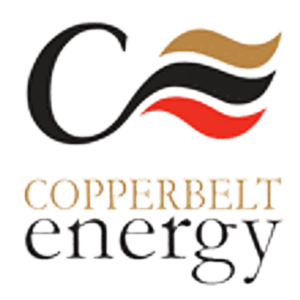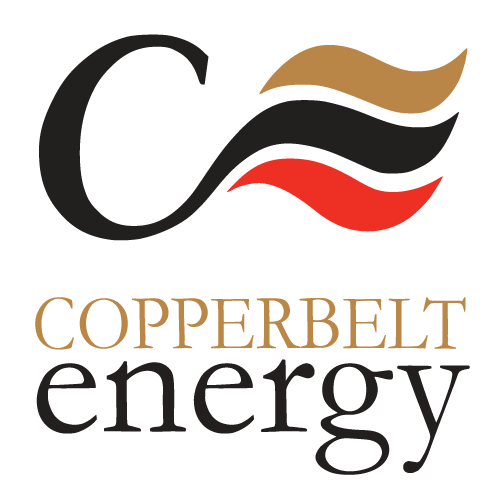CEC & InnoVent enhance student capacity in solar PV development
Sustainable development posits that clean, safe and affordable energy must be made available. Apart from technical and financial support, awareness and knowledge dissemination is important. Implementation of policies and schemes for renewable energy implementation can only be successful if people are willing to accept the technology. Solar energy can provide opportunities for economic and social development without instigating climate change.
However, there is need to ensure consistent growth and efforts in providing solar energy education and skills development in our communities and learning institutions. Solar energy education can help in enhancing the awareness and increasing the acceptability of solar systems into the society for several uses.
The inclusion of solar energy education in the technical courses at higher education may provide a deeper understanding of solar technologies, enhance the research, development and innovations for the use of solar energy to solve local problems. Industry can strengthen the link between education and the economy by facilitating efforts to educate according to the needs of the economic system.
As industry, we have a significant role to play in ensuring made by ‘fwebene’ (ourselves) kind of solutions. Similarly, there is an argument for industry to institute awareness programs for communities and facilitate development. Such measures may provide long-term employment opportunities to many while improving the quality of life of communities as they come to terms with using energy efficient home devices and solar PV technology as a whole.
Industry can strengthen the link between education and the economy by facilitating efforts to educate according to the needs of the economic system.
CEC and InnoVent are developing 2x20MW solar PV solar plants in Kitwe’s Garneton area in support of the Zambia REFiT (Renewable Energy Feed-In Tariff) strategy of 2017, being implemented as GET FiT Zambia (Global Energy Transfer Feed-In Tariff) with support from several partners, including the German government. The Zambian government recognises the need for industry to enhance awareness and skills development in our universities. As such, through the GET FiT solar program, a mandatory requirement was made for developers to conduct workshops at the University of Zambia (UNZA).
To support the GET FiT requirement, CEC and InnoVent went a step further and upgraded an awareness workshop to a full skills development program in order to build competencies in our university students. Considering that the CEC-InnoVent consortium is developing projects in Kitwe, a case was presented to the GET FiT Secretariat to run a skills development program at CBU as well, which was approved.
Participants in the CEC-InnoVent program will gain proficient knowledge and acquire the following skills:
- Basic engineering know-how in PV
- How to design preliminary PV systems (focus on grid-tied system)
- Build some capacity to model and simulate PV systems
- Ability to plan ahead for smooth execution of PV projects
- Understanding the fundamental requirements of different development phases of PV projects
- Understanding of financing concepts for PV industry (cost of money, cash flow, financial model, project finance)
- Understanding of the procurement process (supplier selection, planning, contracts, insurance, transportation and incoterms)
- Power Purchase Agreements (negotiations, tariff, escalation mechanism)
- Integration of legal, economic and financial aspects in decision-making in PV projects
In line with the training, a site tour of the Riverside 1MW solar plant and the Garneton solar parks will provide participants with a good overview and understanding of what a solar PV park construction entails while appreciating the differences in some solar PV technologies (trackers, module types, etc). As a way of guaranteeing the value of the program, small practical sessions on solar PV plant design, simulation, monitoring of solar plants, and installation of equipment are included.
Assessing what the participants have learnt through the program is essential to measure success. With support from university lecturers, participants will be evaluated on their understanding of different solar PV aspects. High performing learners will receive a certificate of excellence and the others a certificate of participation.
The program also presents an opportunity for CEC staff to share their knowledge and expertise with students by giving lectures during the program at CBU.

